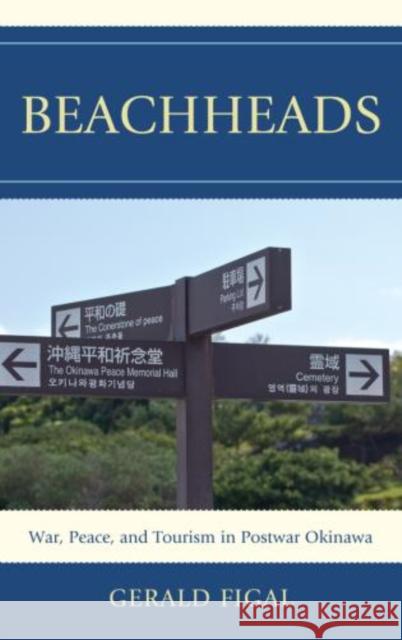Beachheads: War, Peace, and Tourism in Postwar Okinawa » książka
Beachheads: War, Peace, and Tourism in Postwar Okinawa
ISBN-13: 9781442215825 / Angielski / Miękka / 2016 / 276 str.
This original and fresh book explores Okinawa's makeover as a tourist mecca in the long historical shadow and among the physical ruins of the Pacific War's most devastating land battle. Gerald Figal considers how a place burdened by a history of semicolonialism, memories of war and occupation, economic hardship, and contentious current political affairs has reshaped itself into a resort destination. Drawing on an innovative mix of detailed archival research and extensive fieldwork, Gerald Figal considers the ways Okinawa has accommodated war experience and its legacies within the manufacture and promotion of both a "tropical paradise" image and a heritage tourism site identified with the premodern Ryukyu Kingdom. Tracing the postwar formation of "Tourist Okinawa," Figal addresses interrelated issues of economic sustainability, local political autonomy, interregional and international relations, environmental preservation, historical and cultural self-representation, and especially Okinawa's role as a global peace site laboring under the legacies of war. From the end of World War Two to the present, the author follows Okinawa's evolution through three main themes: war memorialization, tourism-influenced environmental and historical restoration, and invasion and occupation represented by U.S. military bases and beach resorts. Creatively, accessibly, and eloquently written, this compelling work highlights a set of islands that represent key issues facing contemporary Japan.











